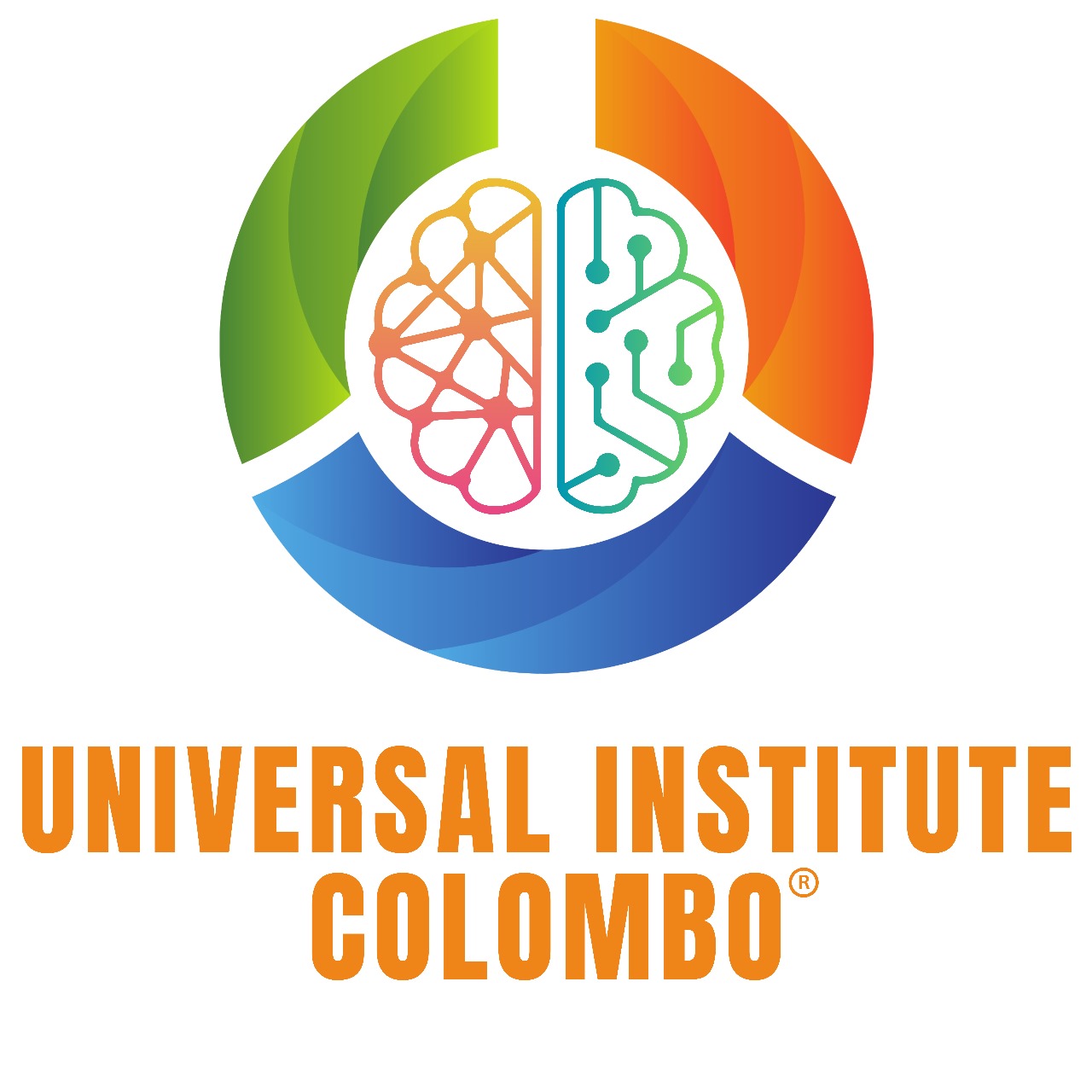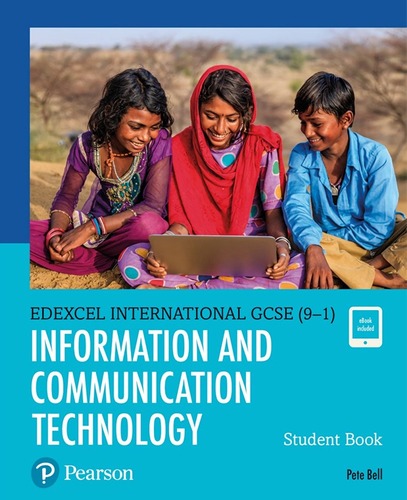


This course is both theoretical and practical: half the exam is theory (Paper 1), and the other half is about doing real tasks using software.
Students need to understand digital technology (devices, networks, software) and be able to use common applications (word processor, spreadsheet, database, graphics, web).
There is a strong focus on real-world relevance: how ICT affects society, business, and individuals (risks, benefits, ethics).
Practical skills are very important: in the practical exam, you’ll be given tasks based on real scenarios, not just theoretical questions.
Critical thinking matters: you’ll not only build things (presentations, spreadsheets) but also evaluate them and suggest improvements.
